Your Pain Has a Purpose: Transforming Struggles Into Strength
Pain doesn’t just break us—it can remake us. Post-traumatic growth shows us that even our deepest struggles can fuel resilience, clarity, and a life rooted in meaning.
The Silent Question Behind Every Struggle
When life blindsides us—loss, betrayal, illness, burnout—most of us quietly ask: “Why me?” or “What’s the point of all this pain?”
It’s human to want our suffering to mean something. Otherwise, it can feel like senseless cruelty.
But research on post-traumatic growth tells us something surprising: pain, while never something we’d choose, can become a powerful teacher. It has the capacity to deepen our compassion, expand our perspective, and awaken resilience we didn’t know we had.
Your pain is not the end of your story—it can be the beginning of a new one.
Pain Is Not the Enemy
We live in a culture obsessed with comfort, speed, and ease. Struggle is often labeled as failure, and hardship is treated as a detour to “get past.”
But what if pain isn’t a detour? What if it’s part of the road itself?
Pain can illuminate what matters most. It strips away illusions, surfaces old wounds in need of healing, and demands that we pay attention. Like a compass, it points us toward growth we might otherwise ignore.
The Science of Post-Traumatic Growth
Psychologists Richard Tedeschi and Lawrence Calhoun coined the term post-traumatic growth to describe the positive psychological change that can emerge after adversity. Their research found five common outcomes for people who embrace the process of healing:
Deeper appreciation for life – Ordinary moments begin to feel extraordinary.
Stronger relationships – Pain teaches vulnerability, empathy, and the value of connection.
New possibilities – What once felt impossible opens into fresh opportunities.
Increased personal strength – You realize you’re capable of more than you imagined.
Spiritual or existential growth – Struggles spark bigger questions about purpose, meaning, and values.
This doesn’t mean trauma or hardship is “good.” It means that within the breaking, there is also the potential for becoming.
Turning Struggle Into Strength
Growth doesn’t happen automatically. Pain can harden us—or it can transform us. The difference often lies in how we respond. Here are steps that support transformation:
1. Allow Yourself to Feel
Resilience doesn’t mean pushing emotions aside. It means creating space to feel them without being consumed by them. Sadness, anger, fear, grief—they’re messengers. Suppressing them only prolongs suffering.
2. Name the Story You’re Living
Psychologist Dan Siegel often says, “Name it to tame it.” Putting words to your experience helps regulate the nervous system. Journaling, therapy, or even sharing with a trusted friend can begin to shift chaos into clarity.
3. Seek Connection, Not Isolation
Shame and fear tempt us to retreat. But healing accelerates in relationship. Whether through therapy, support groups, or vulnerable conversations with loved ones, connection turns wounds into shared humanity.
4. Ask: What Is This Teaching Me?
Instead of asking “Why me?” try “What can I learn from this?” This reframing moves you from victimhood into authorship of your story.
5. Integrate, Don’t Erase
The goal isn’t to “get over it” but to integrate the pain into your life story in a way that makes you stronger, wiser, and more whole.
Real Resilience: More Than “Bouncing Back”
True resilience isn’t just about returning to who you were before. It’s about becoming someone new because of what you’ve endured.
Think of a bone that breaks and heals—it often becomes stronger at the break site. Similarly, your life may carry scars, but those scars can mark where your strength lives.
Finding Meaning in the Mess
Viktor Frankl, psychiatrist and Holocaust survivor, once wrote:
“In some ways suffering ceases to be suffering at the moment it finds a meaning.”
Meaning doesn’t erase pain—but it does anchor it.
For some, meaning comes from helping others who’ve been through similar struggles. For others, it’s discovering new priorities, passions, or values. Sometimes, meaning is simply learning to live more fully in the present.
The invitation is this: instead of letting pain define you, let it refine you.
Why This Matters Now
We live in uncertain times—pandemics, economic stress, relational breakdown, collective trauma. It’s easy to feel like pain is everywhere, and hope is scarce.
But resilience is not rare. It is a muscle within every one of us. The more we learn to see purpose in pain, the more we discover that healing is not just possible—it’s transformative.
A Gentle Reminder
None of this means you should be grateful for suffering, rush through grief, or romanticize trauma. Healing is hard, non-linear, and deeply personal.
But it does mean this: you are not broken beyond repair. Your struggles may one day be the soil where your greatest strength grows.
Taking the Next Step
At Psych Collective, we believe healing is a relational journey. You don’t have to walk through pain alone. Our therapists create a space where your struggles are not minimized but honored—and transformed into resilience, clarity, and connection.
🌊 Ready to explore how your pain can become a path to strength?
Book your free consultation today and take the first step toward meaning and growth.
SEO Meta Data
Meta Title: Your Pain Has a Purpose: Transforming Struggles Into Strength
Meta Description: Discover how post-traumatic growth can transform hardship into resilience and meaning. Learn how to find strength through struggle and healing.
URL Slug: your-pain-has-a-purpose
